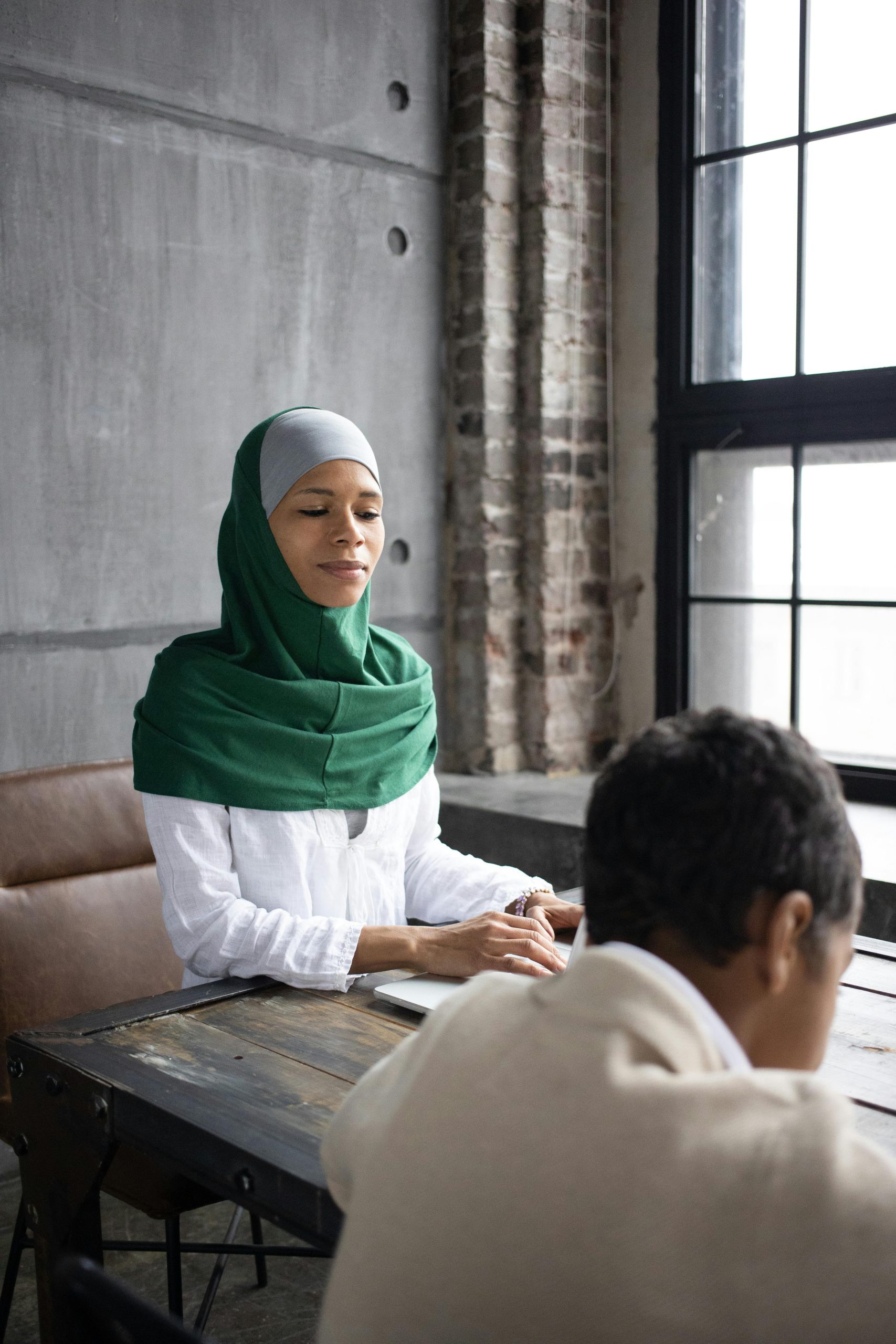Feeling Concerned: My Girlfriend Relies Constantly on ChatGPT and Seems to Lose Her Personal Touch
The Balancing Act: Navigating Relationships in the Age of AI
In today’s digital landscape, artificial intelligence tools like ChatGPT have become increasingly popular for everything from brainstorming ideas to finding answers to life’s little challenges. However, while these advancements undoubtedly have their advantages, they can also raise concerns—especially when we observe someone close to us becoming overly reliant on them.
A friend recently shared with me their worries about their girlfriend’s growing dependence on ChatGPT. Whenever she faces a question or needs guidance, her first instinct has become to turn to AI rather than engage in her own critical thinking. This growing reliance has sparked feelings of unease, as there’s a fear that she may eventually lose the ability to generate original thoughts or engage in creative problem-solving.
The concern is not just about the immediate convenience of using AI; it extends to a larger question about the long-term impacts on her cognitive abilities and personal growth. Will she start to feel disinterested in formulating her own opinions or exploring ideas creatively? The thought of someone abandoning their innate curiosity and critical thinking skills to make way for machine-generated responses is understandably troubling.
As we embrace the many benefits of AI, it’s important to strike a balance. We must ask ourselves: How can we utilize these tools without sacrificing our capacity for independent thought? It’s essential to be aware of the potential for addiction to such technologies and to consider their impact on our lives.
If you’ve been in a similar situation, what do you think? Have you noticed a friend or loved one beginning to rely too heavily on AI for everyday decisions? What strategies do you recommend for maintaining our cognitive skills while leveraging technology?
Let’s dive into this conversation and share insights on how we can foster both technological proficiency and independent thinking in our lives.














Post Comment